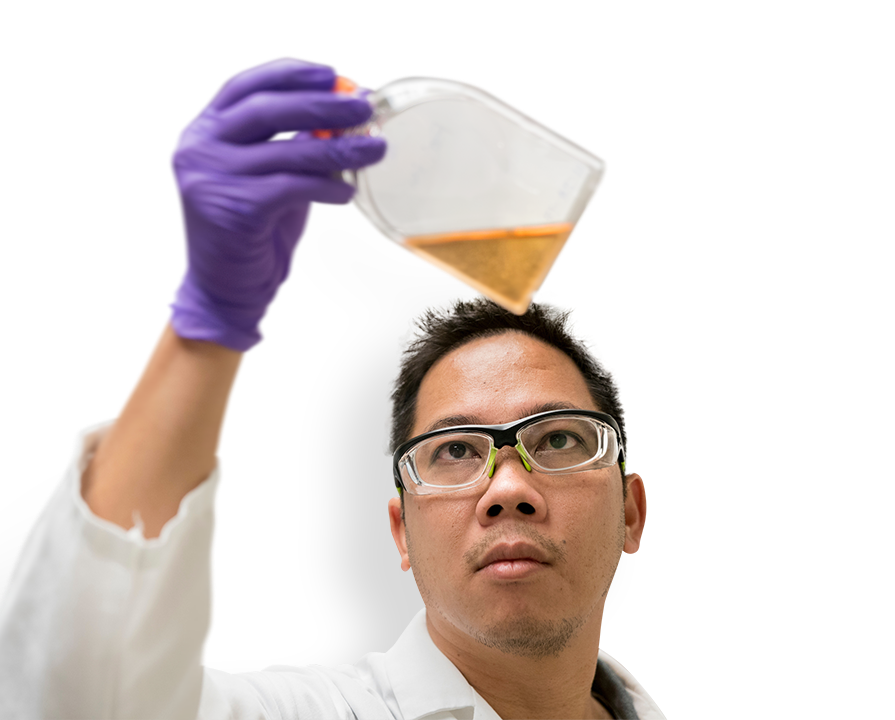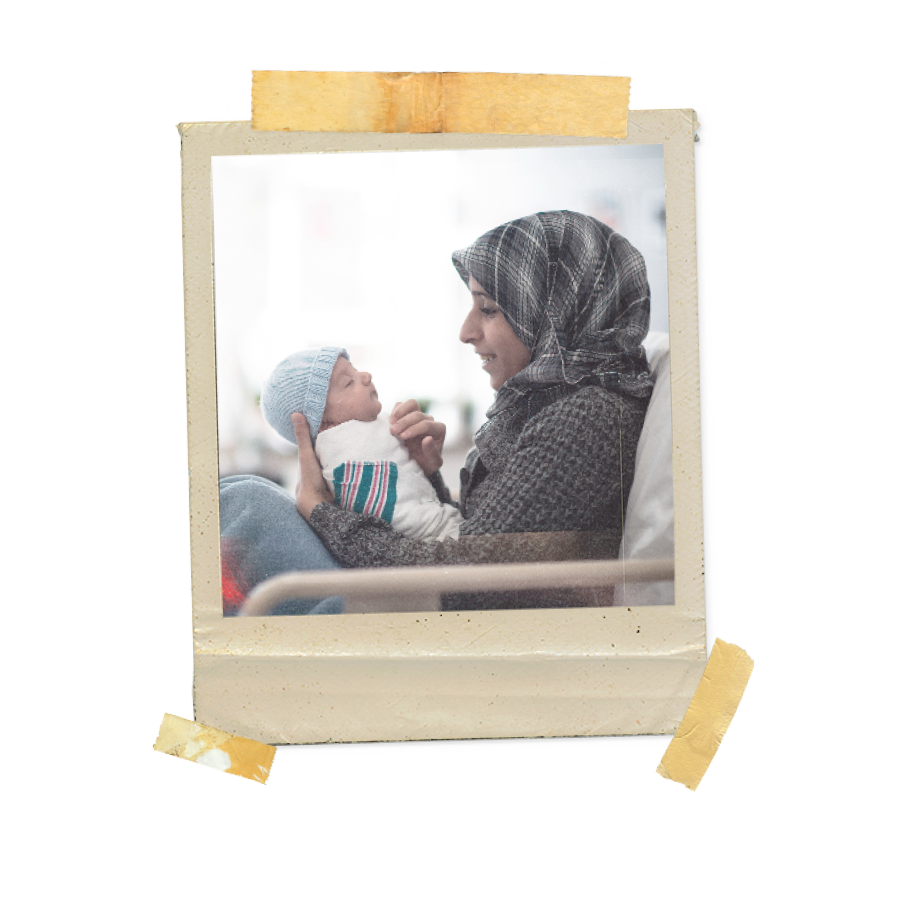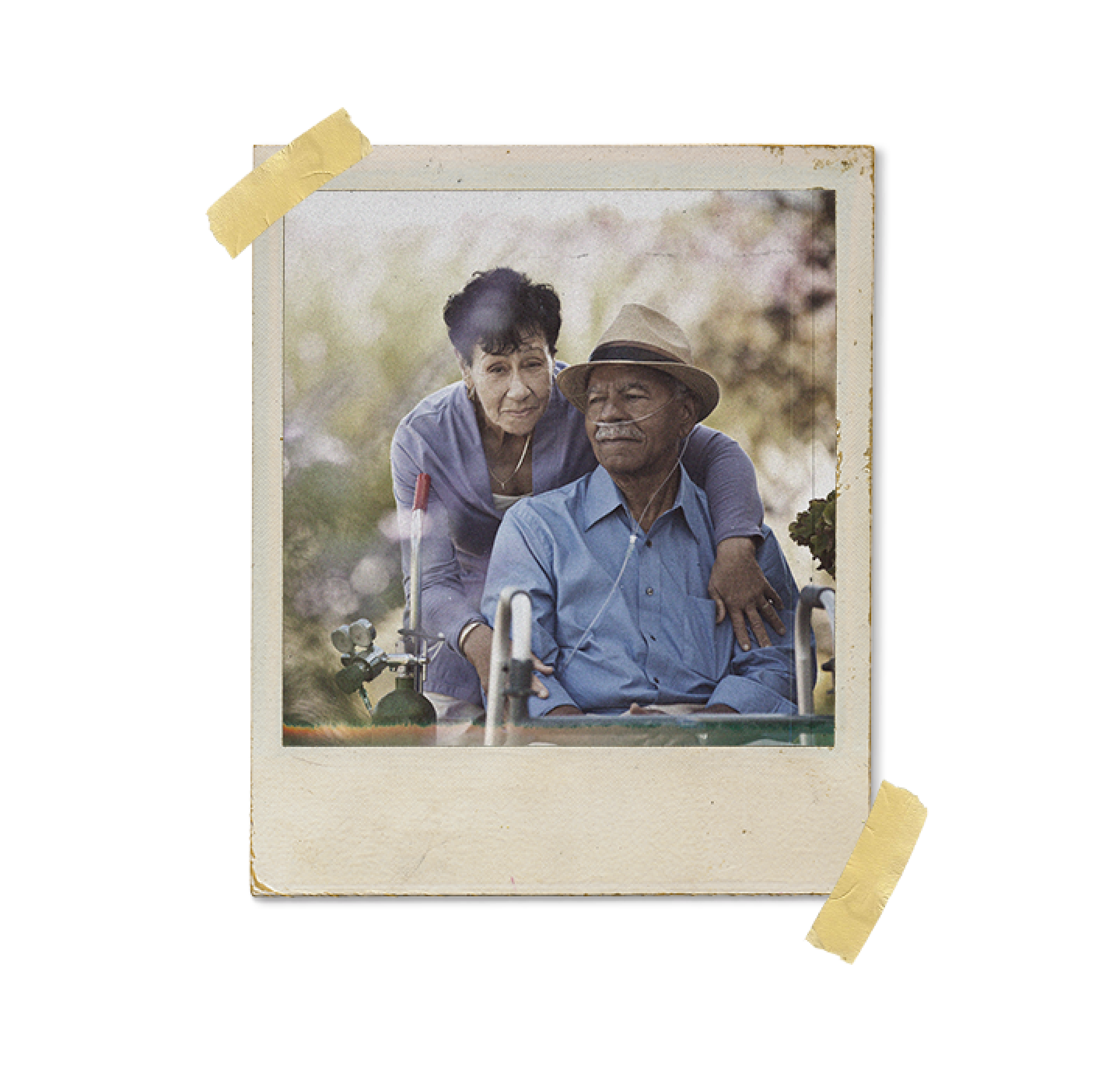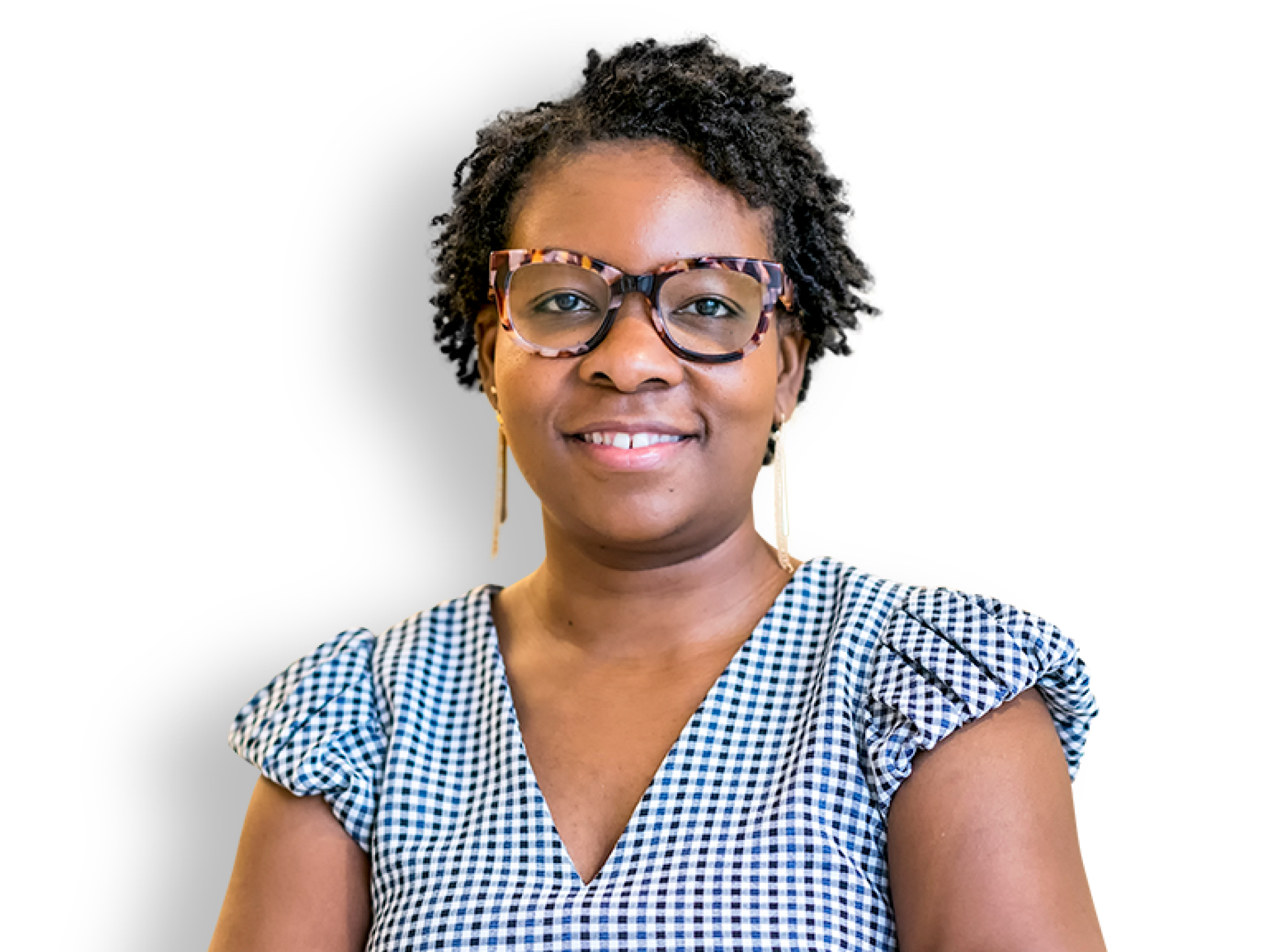Welcome!
This website was developed with input from individuals from diverse backgrounds, including those from different races, ethnicities, age groups, and LGBTQIA+ identities.
Diversity, Equity & Inclusion in Clinical Trials
Some groups of people, like people from different racial and ethnic groups, children, LGBTQIA+ individuals, older adults, and people who are pregnant, or may become pregnant, have been historically underrepresented in medical research. This means that as healthcare moves forward, people may be left behind.
Making sure that clinical trials represent the diversity of our society can help change that!
This video focuses on the critical role diversity plays in clinical
research to ensure we’re
creating medicines that will help all
people


A clinical trial is a research study.
Research studies help us learn more about:
- Health and disease.
- How safe and effective a new treatment is.
- How different people and cultures respond to a treatment.
You might hear different words being used, but when it comes to medical research involving people, the terms medical research, research study, clinical trial, and clinical study all generally mean the same thing.
Clinical Trials 101
The differences that make us unique matter in modern medicine.
Humans are diverse, and our health and wellbeing are influenced by many factors. Our diversity includes sex assigned at birth, age, race, ethnicity, gender identity, sexual orientation, disability status, medical conditions, pregnancy or breastfeeding, and social determinants of health including environment, socioeconomic status, education and healthcare access and quality, and community.
All people from all cultures need medicines. That means that for a new medicine to truly help the people it is intended for, a diverse group of people need to be part of research studies for that medicine.
It’s so important to have diverse representation in medical research, not just for ourselves, but for generations to come.



Medical research today is very different from the past.
- Some medical research in the past was done in an unethical way.
- The field of medicine and research has a complicated history within many communities.
- Today, rules and procedures are in place to protect people who participate in medical research.
- We now have more researchers from diverse backgrounds compared to the past.
- Informed consent is an important process that helps build trust and protect participants.


